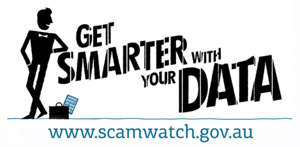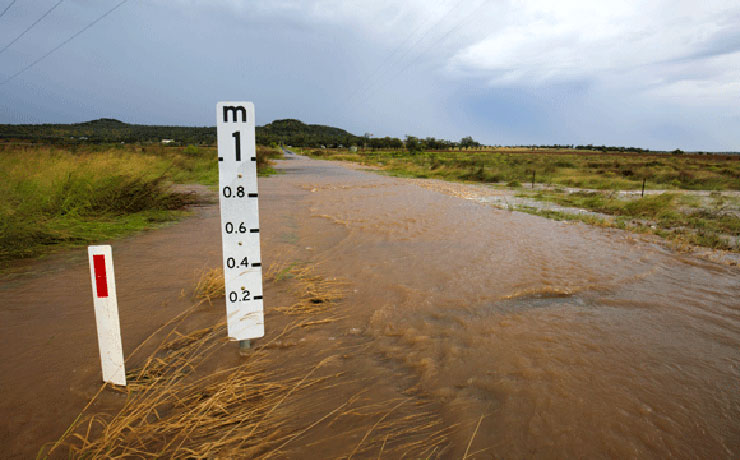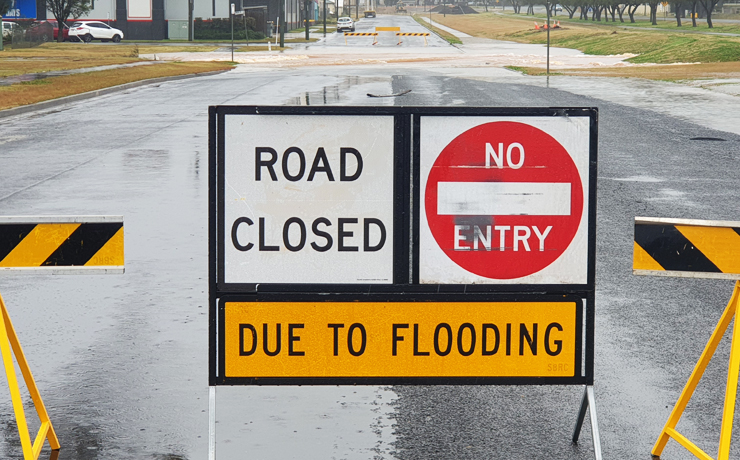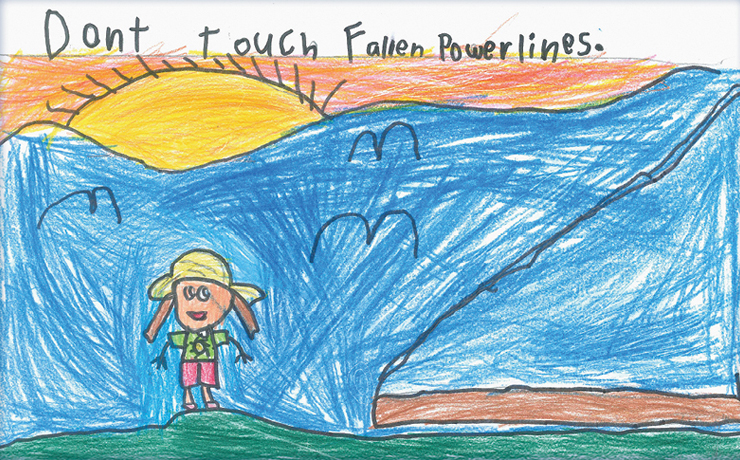South Burnett businesses have been warned to beware of scammers seeking advertising on behalf of magazines purportedly helping not-for-profit groups.
A reader contacted southburnett.com.au after being asked to buy advertising in a magazine allegedly linked to the Police Citizens Youth Club.
Fortunately, before consenting she checked only to discover the PCYC knew nothing about the publication.
The reader fears other South Burnett businesses may have already booked advertising with the “magazine”.
These sort of scammers, known as “blowers” in the publishing industry, have been preying on small businesses throughout Australia for years.
Sometimes there actually is a magazine printed, with limited quantities and very limited distribution, but the advertising does not support any organisation other than the pocket of the publisher.
In 2013, the operators of a scam targeting small businesses with false claims about advertising services for “philanthropic” publications were fined $750,000 after court action by the Australian Competition and Consumer Commission.
The Federal Court ordered the fines after a publishing company admitted it had made false and misleading representations in relation to advertising services that were never requested.
“Blowers” made unsolicited phone calls to businesses seeking advertising in its publications, including the National Emergency Relief Guide, Underprivileged Children’s Guide and Volunteer Organisations Guide.
After the call, even if the business did not agree to take out an ad, the company posted them a copy of the ad as published in the publication and an invoice seeking payment.
If the business did not pay, representatives made follow-up calls demanding payment for the unwanted and unordered ad.
The company admitted its publications had no affiliation with any charitable or non-profit organisations.
It also admitted that while they claimed that 2000 copies of the publications carrying the ad would be distributed to various organisations in the same postcode as the advertiser, actual distribution was significantly less.
* * *
Advice from the ACCC
How these scams work
- A small business receives a call out of the blue from someone claiming to represent a business directory or other publication you’ve never heard of. The caller offers to place an advertisement for your business in the publication for a fee.
- The caller may refer to a publication with a philanthropic purpose in the hopes of appealing to your charitable side. Alternatively, they may claim to have affiliation with government or a well-known business. They may even claim to represent a business through which you currently advertise.
- If you accept the offer, you find that when the ad is published, the actual distribution number and geographic reach is significantly less than what you signed up for.
- If you decline the offer, you subsequently receive an invoice in the mail along with a copy of the ad.
- If you do not pay, you receive follow-up calls or official-looking letters demanding payment.
Protect yourself
- Beware of offers from out of the blue that you didn’t ask for; scammers almost always approach businesses in this manner.
- Don’t agree to offers or deals right away. Always ask for an offer in writing and seek independent advice if the deal involves money, time or a long-term commitment.
- Always check offers are legitimate and offer a quality product or service before you sign up. Search the wording of the offer or the company name on the web as many scams can be identified this way.
- If you receive an invoice that you know nothing about, don’t pay until you are sure it’s the real deal. Many small business scams involve fake invoices for goods or services that haven’t been requested or provided.
- Never give or clarify any information about your business unless you trust the other party and know what the information will be used for.
- Effective management procedures can go a long way towards preventing scams. Have a clearly defined process for verifying and paying accounts and invoices.
Report
Report scams to the ACCC via the report a scam page on SCAMwatch or by calling 1300-795-995.

























